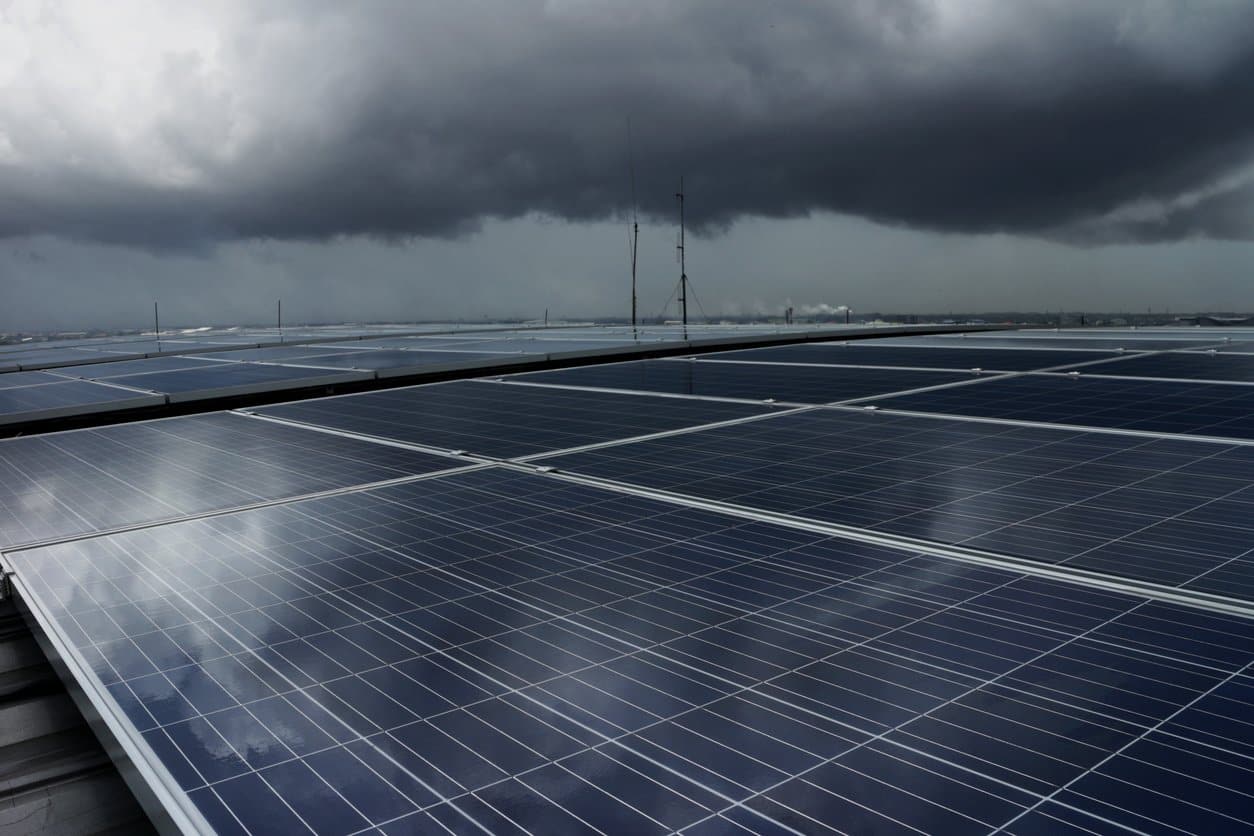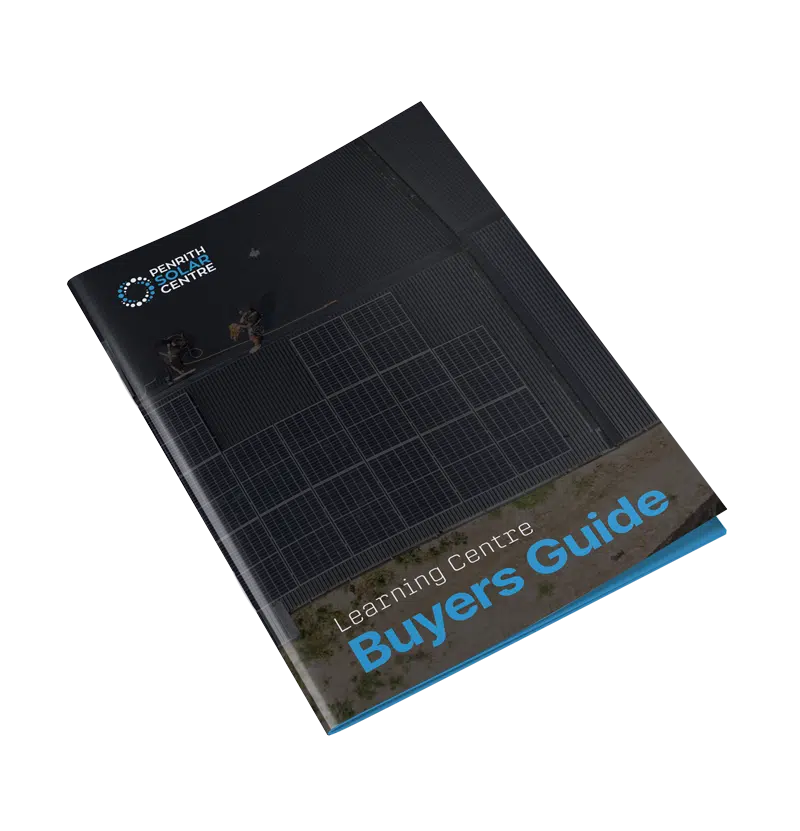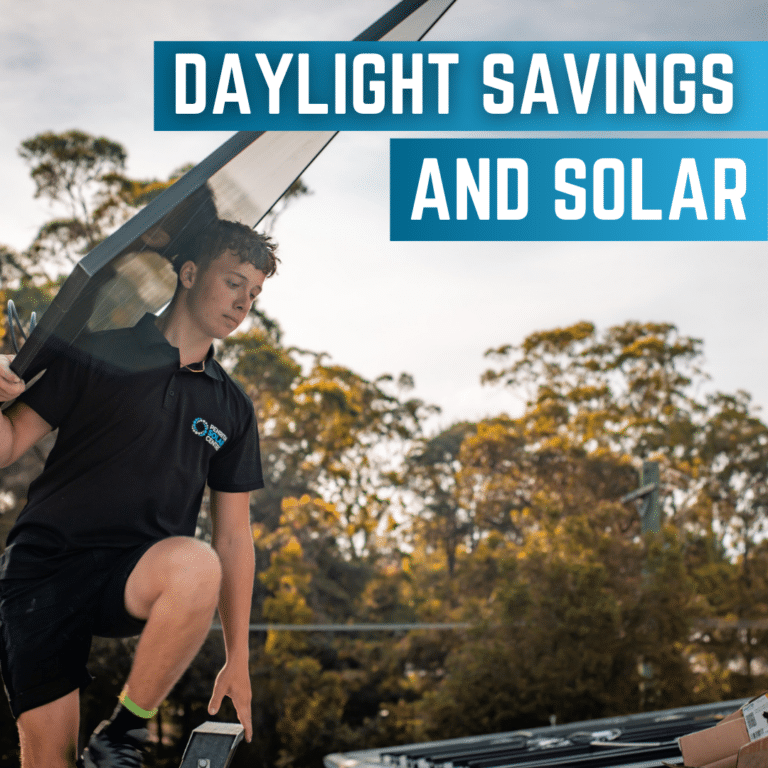
Good question, but probably not the answer you’re expecting, because funnily enough, yes they do. It might seem odd that you will see solar panels on roofs in places that don’t get a lot of sun, but there is more to solar energy than meets the eye.
The thing that stops solar panels working is complete darkness, and even on a gloomy, overcast day, there is still light out there. It’s called daylight because there is light. And solar panels work through light. If you’ve never looked into this before, you might think solar panels soak up the heat of the sun and use that, but it’s not the case. They use light, and here’s how (it’s a bit technical but we’ll keep it as simple as we can).
Inside solar panels there is a material called silicon, and in that are electrons, just hanging around not doing much. But particles of light known as photons activate these electrons to create electricity, which the rest of the system puts to good use in your house. Silicon, by the way, is the second most abundant element in the earth’s crust ad also exists elsewhere in the universe, so there is still plenty of it.
Are Cool and Cloudy Days Good for Solar Panels?
Cloudy days tend to be cooler than when the sun is blazing down from a clear sky. This is actually good in a way, because for one thing there is a peak temperature above which the process loses efficiency, and on a cloudy day that’s not going to happen. Also, when electrons are cool and inactive, the difference when they are charged up by the photons produces more energy. So, it’s swings and roundabouts. On a cloudy day there are fewer rays coming in, but they can do their job more efficiently.
Do Solar Panels Work in the Rain and Snow?
These weather conditions may hamper the process, but they don’t stop it completely. The ideal situation is to have the sun’s rays coming at the solar panels in straight lines, but when rain gets in the way, they are bounced off course or diffused. It’s a setback, but the photons get through eventually and can do their thing with the electrons.
Snow might seem like a real obstacle, and when it’s falling there is the same diffusion issue as with rain, but once it’s down, unless it’s an enormously thick layer, the photons can still get through. And yes, snow is white and white reflects light, but light is a resilient and determined thing that can bounce around until it finds a way through.
Solar in Oz? Not a Problem
Compared with some countries, Australia is a very good place to use solar power, because generally the climate is conducive to it. It’s not like Scandinavia, where Denmark, Norway and Sweden have to rely on wind power, hydropower and biomass fuels if they want to go green. That’s because it’s dark over there. Australia gets more sunlight than any other country in the world, making it an excellent country for solar powered systems.
For solar panel installation in Sydney, choose Penrith Solar Centre. Get your solar quote today!










